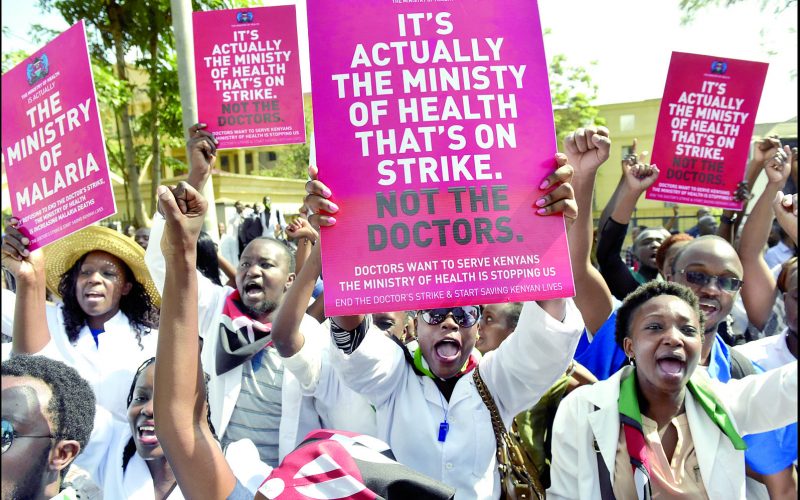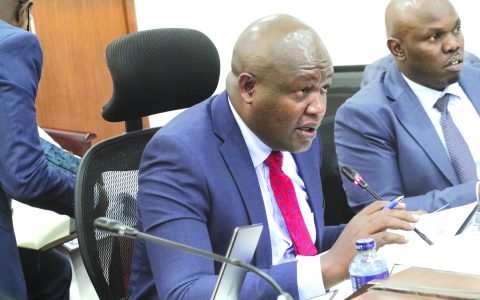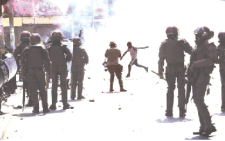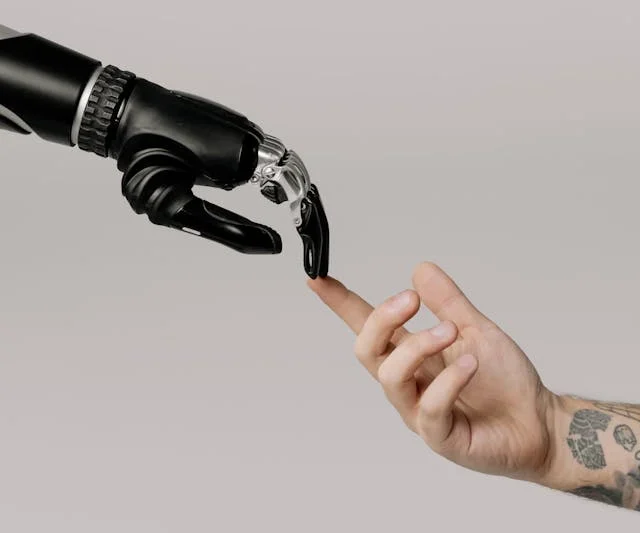Come up with lasting solution doctors’ strikes

Doctors employed by government health facilities are at it again- they are on strike. The Kenya Medical Practitioners, Pharmacists and Dentists Union (KMPPDU) has called its members out on strike. Thy are demanding that the government posts 1,215 interns, give them promotions, medical cover, study leave and pensions.
Strikes have become normalised as part of the KMPPDU’s immediate options rather than a leverage of last resort.
In March 2021, doctors went on strike for almost three months to push for the implementation of their delayed collective bargaining agreement. This strike lasted 100 days.
In August 2020, doctors went on strike for a week to protest salary delays and lack of Personal Protective Equipment (PPE) during the height of Covid-19.
Barely four months later, they were back at it again, downing their tools to push for insurance benefits and PPEs.
In March 2018, doctors at Kenyatta National Hospital in Nairobi went on a wildcat strike to protest the suspension of their colleagues over a brain surgery mix up. The doctors refused to even acknowledge any responsibility over what as clearly a complete cockup by the doctors themselves which resulted in a patient who was in hospital for other ailments having his brain opened up!
Two key issues emerge. The first is that there seems to be a systemic problem when it comes to addressing issues of the welfare of medical professionals.
The most effective way to deal with this would be to establish a national centralised commission to deal with welfare of doctors and other health professionals on a permanent basis. This would mirror the Teachers Service Commission (TSC). Of course, there are huge vested interests in the current dispensation. But all can agree on one thing – the current system is not working!
This commission will address the need for long term planning for training and deployment of medical professionals, and standardise terms and conditions across the 47 counties and Level Six hospitals, even as the counties retain the health mandate.
If the government can mobilise the political support and the National Assembly to establish the office of the leader of the opposition, then it can very well get this Commission up and running like yesterday.
The second issue is that doctors have to rethink the strike option. When the KMPPDU Secretary General Dr Davji Atellah, was injured, he was not rushed to a public health facility whose doctors are on strike. No, he was rushed to one of the country’s top hospitals, Nairobi Hospital.
One assumes that the doctors who are falling sick as they continue refusing to treat patients in the government hospitals where they are employed are simply walking to private hospitals like Dr Atellah did.
Hundreds of injured Dr Atellahs today are converging on government hospitals without an option of going to private medical facilities. They just wait to die.
While Kenyans fully support the cause of comprehensive welfare for doctors so that they can do a better job and be properly remunerated for the very critical services they offer, they completely fail to understand how those very doctors can be using them as hostages in their battle with the government.
Patients have become collateral damage in this battle. And it is not enough for doctors to pass the responsibility for dying patients to others by blaming the government. They are responsible.
So doctors must tread very carefully on strikes. The union is too trigger happy and has demonstrated a shocking lack of compunction about holding lives of Kenyans hostage. A doctors’ strike, unlike others, has deadly consequences. Dozens have died during these strikes, and more will during this one!
Rome was not built in a day. Is there progress being made in terms of their welfare? Undeniably so! Does it look like it is not moving fast enough? Undeniably so! Doctors must not relent in fighting for their rights, but they were trained to save lives, not have people dying from being denied treatment. Four major strikes in four years is way beyond the pale!



